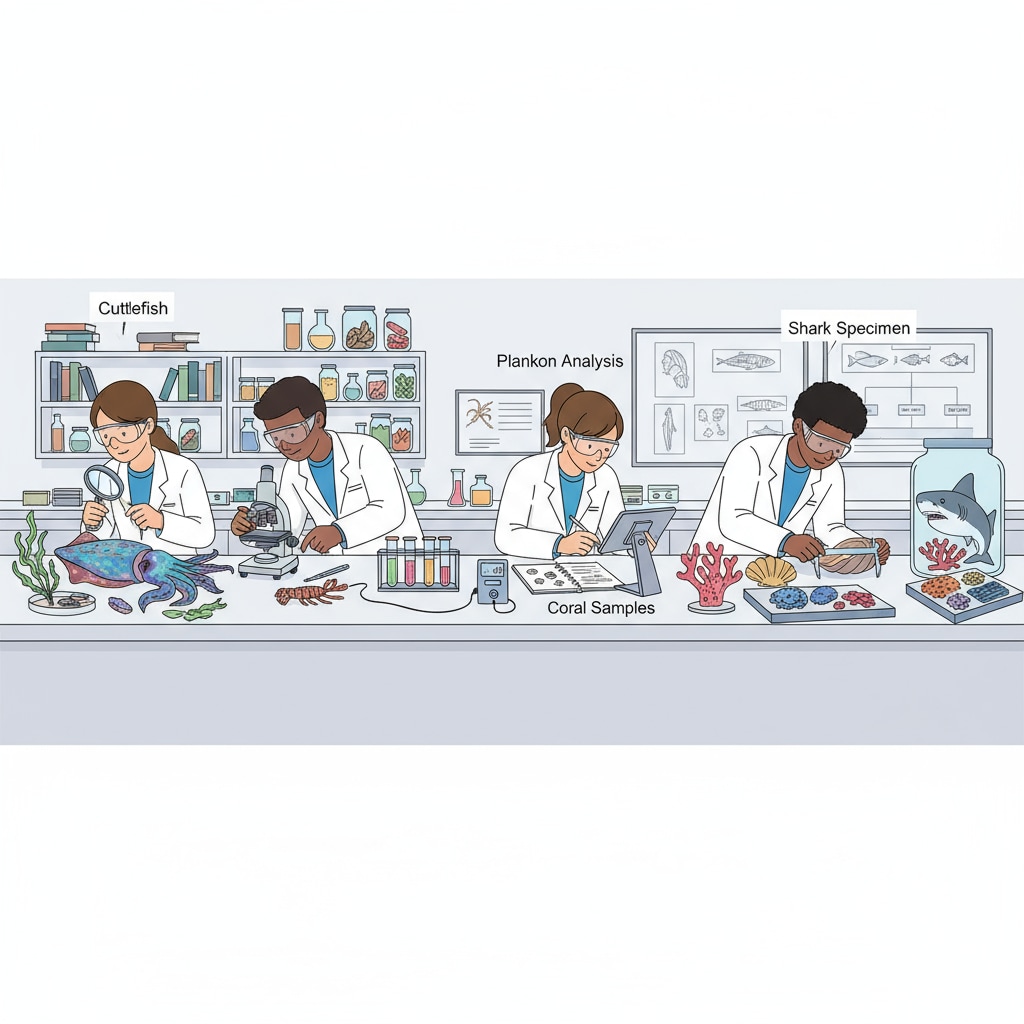Embarking on the journey of pursuing a science degree, particularly in marine biology, without prior knowledge might seem like a daunting task. However, with the right approach and determination, it is entirely achievable. Marine biology, the study of organisms in the ocean and other saltwater environments (source: Marine biology on Wikipedia), offers a fascinating world for those eager to explore. In this article, we will delve into the challenges, strategies, and a detailed preparation plan for individuals aiming to enter this field without a traditional science background.

The Challenges of Entering Marine Biology without a Science Background
One of the primary challenges is the lack of foundational knowledge in core science subjects such as biology, chemistry, and physics. Concepts that are second nature to students with a science background may be completely new. For example, understanding the chemical reactions involved in ocean acidification or the biological processes of marine organisms can be difficult. Additionally, scientific methodology, including experimental design and data analysis, may be unfamiliar territory. This lack of prior exposure can make it hard to keep up with the pace of a marine biology program.
Overcoming the Knowledge Gap
To bridge this gap, it is essential to start with self-study. Online resources, such as Khan Academy’s science courses, offer free and comprehensive lessons in basic science concepts. Taking introductory courses in biology, chemistry, and physics at a local community college can also provide a solid foundation. Building a study group with fellow students can be beneficial, as it allows for discussions and sharing of knowledge. Moreover, reaching out to professors or academic advisors for guidance can help clarify complex concepts.

Another important aspect is to gain practical experience. Participating in volunteer programs at local aquariums, marine research centers, or beach clean-up events can give hands-on exposure to the marine environment. This practical experience not only enhances understanding but also shows commitment and passion for the field during the application process.
In conclusion, while pursuing a marine biology degree without a science background has its challenges, with dedication, a well-planned study approach, and practical experience, it is possible to overcome the lack of prior knowledge and succeed in this exciting field of study. Aspiring students should embrace the learning process and look forward to a fulfilling academic and professional journey in marine biology.
Readability guidance: This article uses short paragraphs and lists to summarize key points. Each H2 section provides useful information. The passive voice and long sentences are controlled, and transition words are used throughout to enhance readability.


